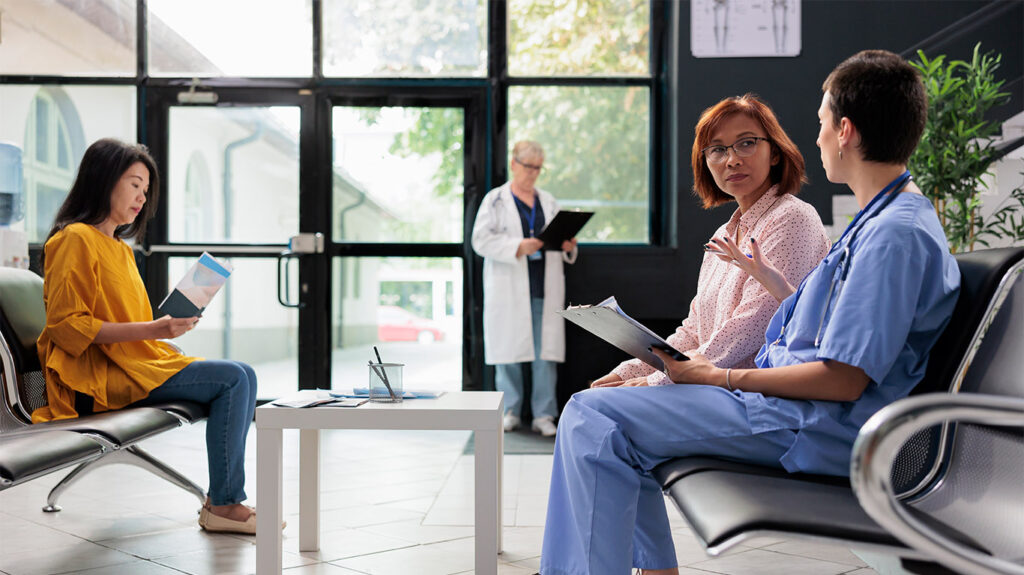Early detection of cancer can significantly increase the chances of successful treatment and survival. Being aware of the signs and symptoms of common cancers and following recommended screening guidelines can help catch cancer early, when it is most treatable.
Tips for Early Detection
- Breast Cancer
- Screening:Mammograms are the most effective way to detect breast cancer early. Women should start regular screenings at age 40 or earlier if they have a family history of the disease.
- Self-Examination:Regular self-exams can help women become familiar with their breasts and notice any changes.
- Colorectal Cancer
- Screening:Colonoscopies are recommended starting at age 45. Other tests, such as stool tests, can also help detect early signs of colorectal cancer.
- Symptoms:Changes in bowel habits, blood in stool, and unexplained weight loss.
- Prostate Cancer
- Screening:Prostate-specific antigen (PSA) tests and digital rectal exams (DRE) are used for early detection. Men should discuss screening with their doctor starting at age 50, or earlier if they have a family history.
- Symptoms:Difficulty urinating, blood in urine, and pelvic discomfort.
- Skin Cancer
- Screening:Regular skin checks by a dermatologist and self-examinations can help detect skin cancer early.
- Symptoms:New or changing moles, unusual skin growths, and sores that don’t heal.
- Lung Cancer
- Screening:Low-dose CT scans are recommended for high-risk individuals, such as long-term smokers, starting at age 55.
Symptoms: Persistent cough, coughing up blood, and chest pain.
Conclusion
Early detection is a key factor in the successful treatment of cancer. By following screening guidelines and being aware of the signs and symptoms of common cancers, individuals can take proactive steps to protect their health. Regular check-ups and communication with healthcare providers are essential for early detection and effective cancer management.

